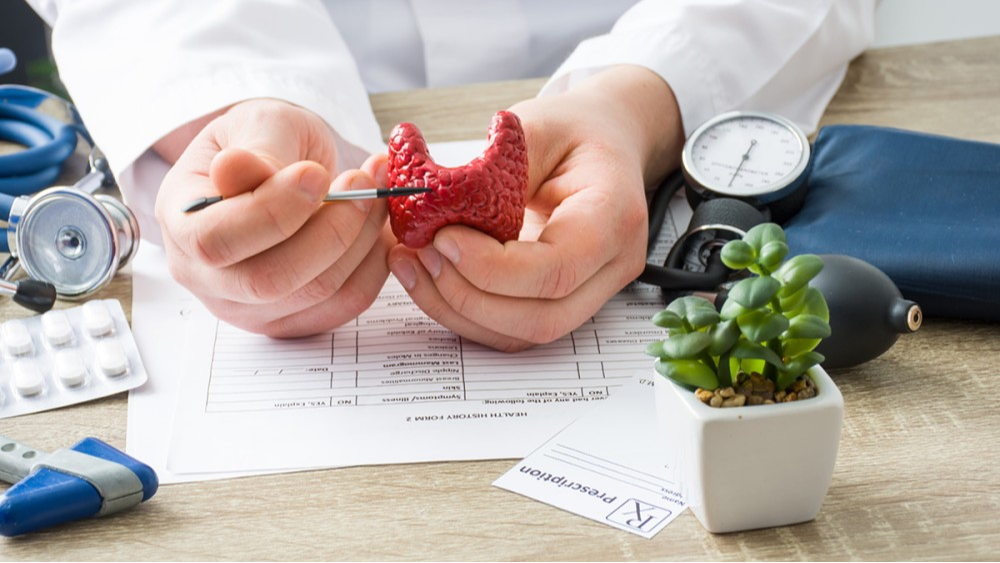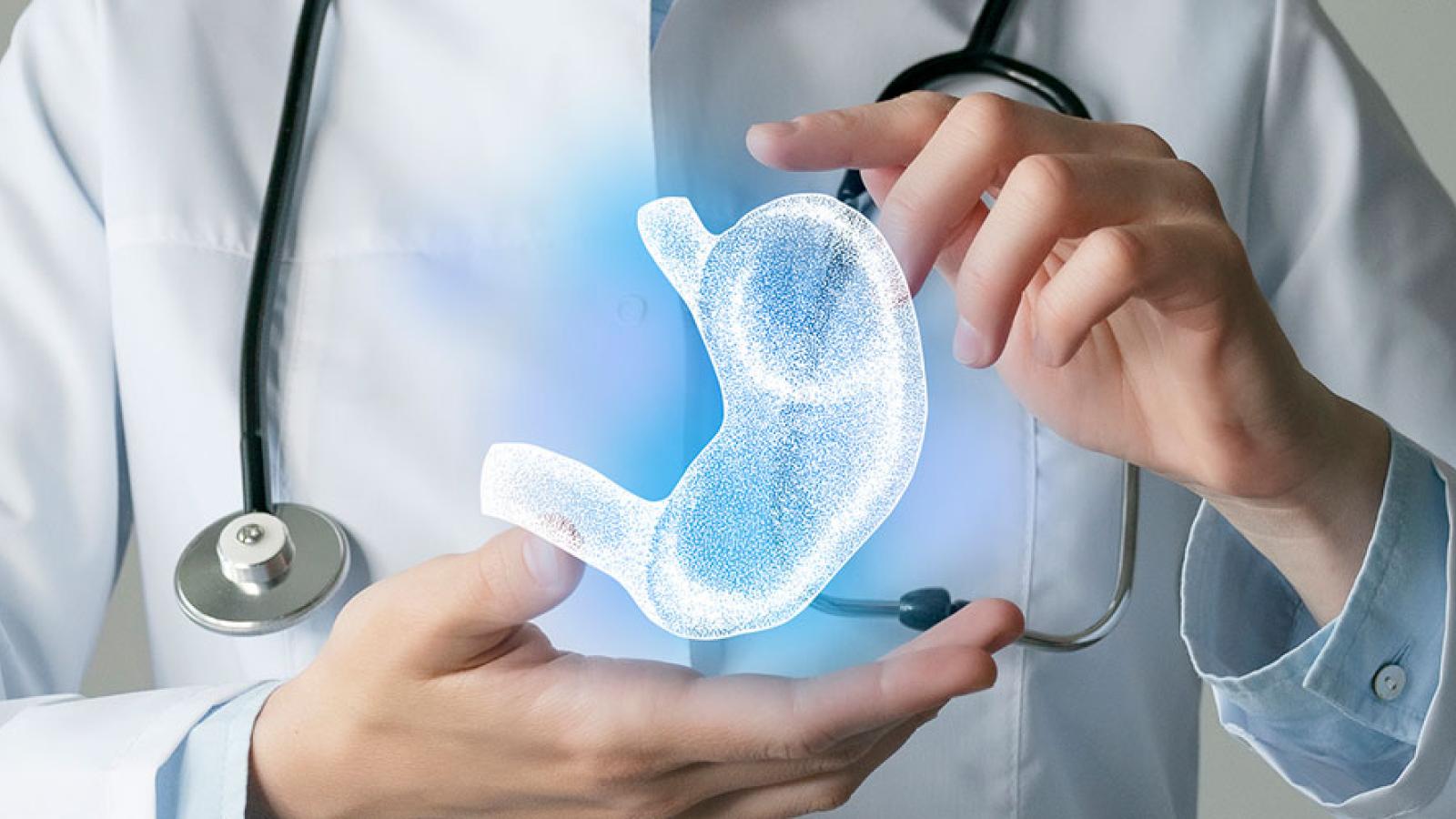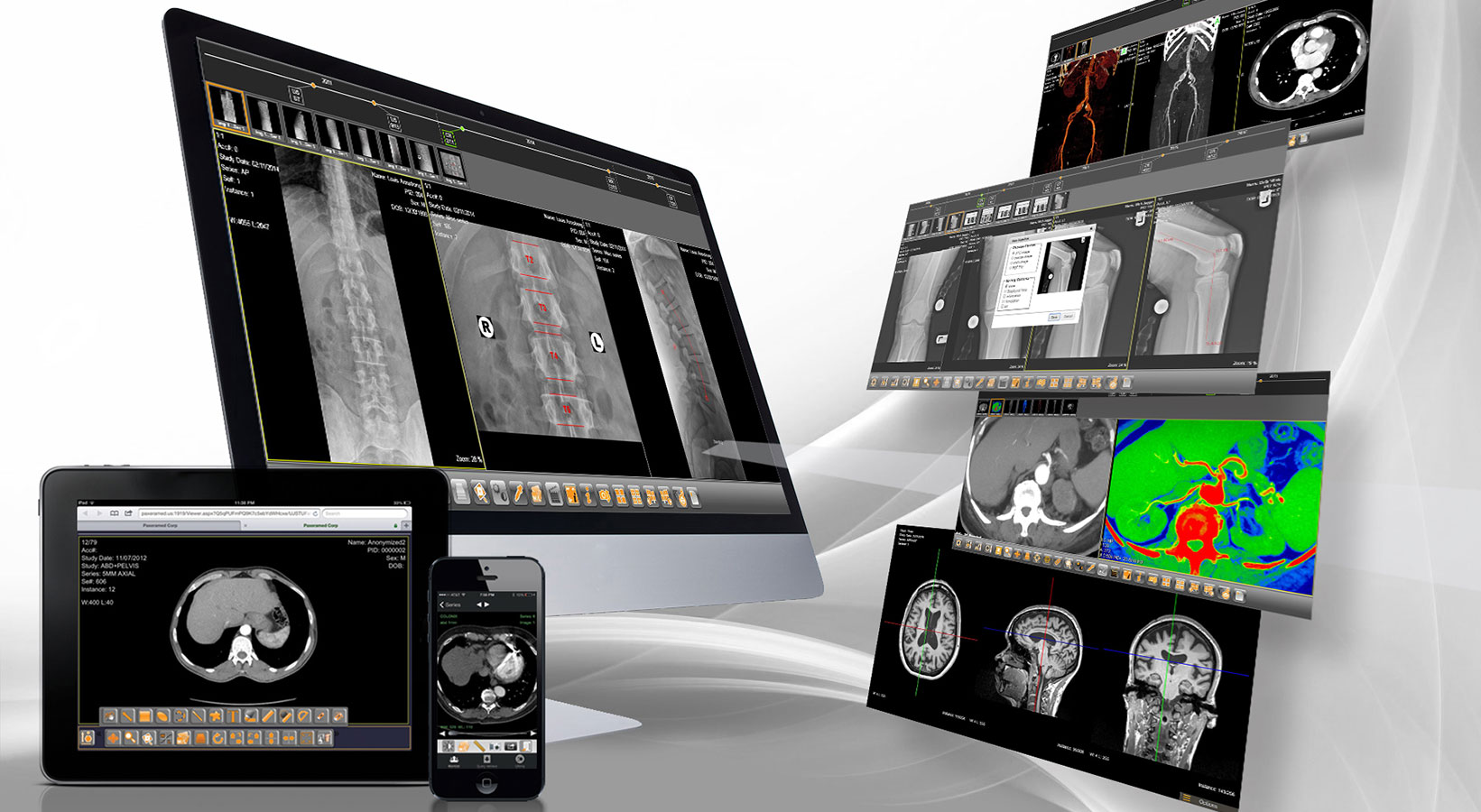Transform Bariatrics is leading the way in bariatric medicine and surgery by introducing the latest advances in technology and techniques. These innovations are providing patients with safer and more effective weight loss solutions. With obesity being a major health concern worldwide, bariatric surgery is becoming an increasingly popular option for those struggling to lose weight. Let’s take a closer look at the latest advances in bariatric medicine and surgery.
Robotic Surgery
Robotic surgery has been used in various surgical procedures for over a decade, and it’s now becoming a common technique in bariatric surgery. Robotic surgery allows for smaller incisions, less pain, and a shorter recovery time. The surgeon controls the robotic arms, which have increased precision and dexterity, making it easier to perform complex procedures. The da Vinci Surgical System is the most commonly used robot in bariatric surgery, and it has helped to improve patient outcomes dramatically.
Non-Surgical Procedures
For some patients, surgery may not be the best option. Non-surgical procedures such as endoscopic sleeve gastroplasty (ESG) and intragastric balloon (IGB) are becoming increasingly popular. ESG involves using an endoscope to place sutures in the stomach, creating a sleeve-like shape. This procedure can result in significant weight loss and has a shorter recovery time than surgery. IGB involves placing a deflated balloon into the stomach and then inflating it with saline. The balloon takes up space in the stomach, making patients feel fuller faster. The balloon is removed after six months, and patients can expect to lose up to 15% of their body weight.
Improved Laparoscopic Techniques
Laparoscopic surgery is a minimally invasive surgical technique that involves making small incisions in the abdomen. Laparoscopic bariatric surgery has been around for over 20 years, and it’s still evolving. Surgeons are continually improving their techniques and equipment to make the procedures safer and more effective. The use of laparoscopic instruments that have a greater range of motion and better visualization has led to improved patient outcomes.
Bariatric Surgery and Gut Microbiome
Recent research has shown that bariatric surgery can have a significant impact on the gut microbiome. The gut microbiome is a collection of microorganisms in the digestive tract that plays a crucial role in overall health. Studies have shown that bariatric surgery can alter the gut microbiome, leading to positive changes in metabolism and weight loss. Researchers are still studying the relationship between bariatric surgery and the gut microbiome, but these findings provide insight into the potential long-term benefits of the procedure.
Customized Treatment Plans
Thanks to advances in technology, bariatric surgeons can now create personalized treatment plans for their patients. They use advanced imaging techniques, such as CT scans and MRIs, to create 3D models of the patient’s anatomy. This allows the surgeon to tailor the procedure to the patient’s specific needs, resulting in better outcomes and less risk of complications. Customized treatment plans ensure that patients receive the safest and most effective treatment possible.
Conclusion
The latest advances in bariatric medicine and surgery offer patients safer and more effective weight loss solutions. Whether it’s robotic surgery, non-surgical procedures, improved laparoscopic techniques, or customized treatment plans, patients have more options than ever before. As research continues to uncover new findings, bariatric surgery will continue to evolve and improve patient outcomes.















Leave a Reply